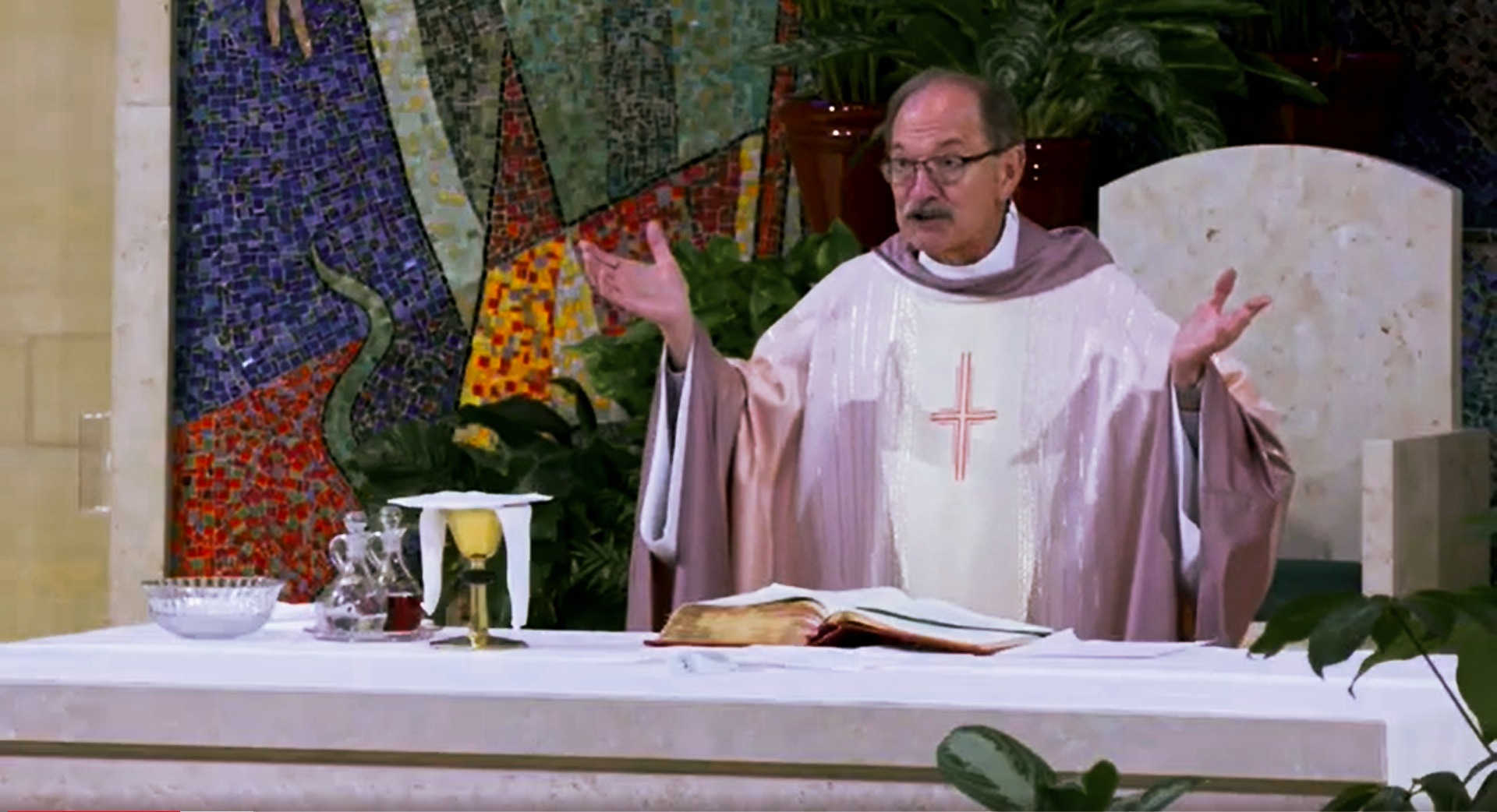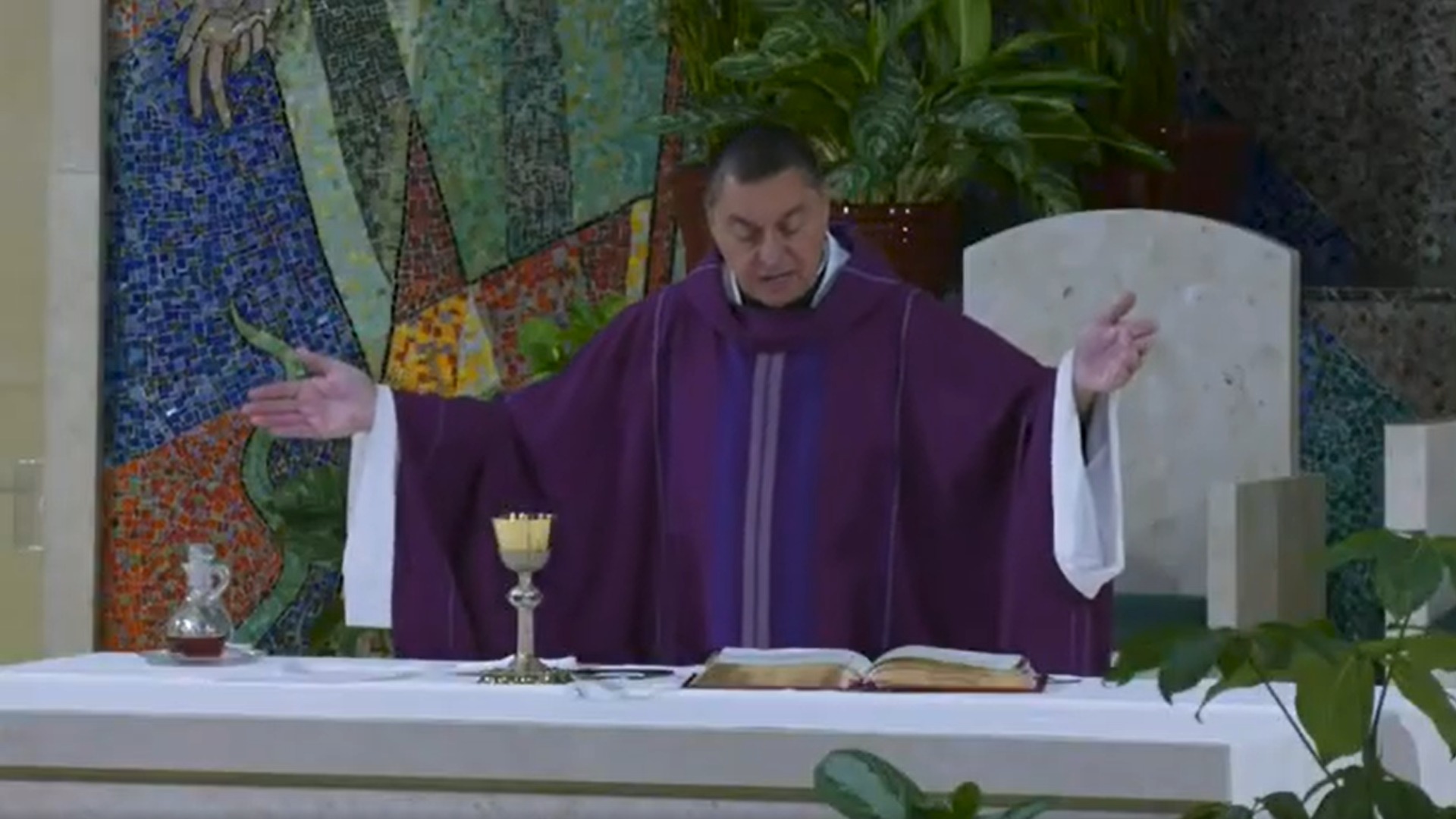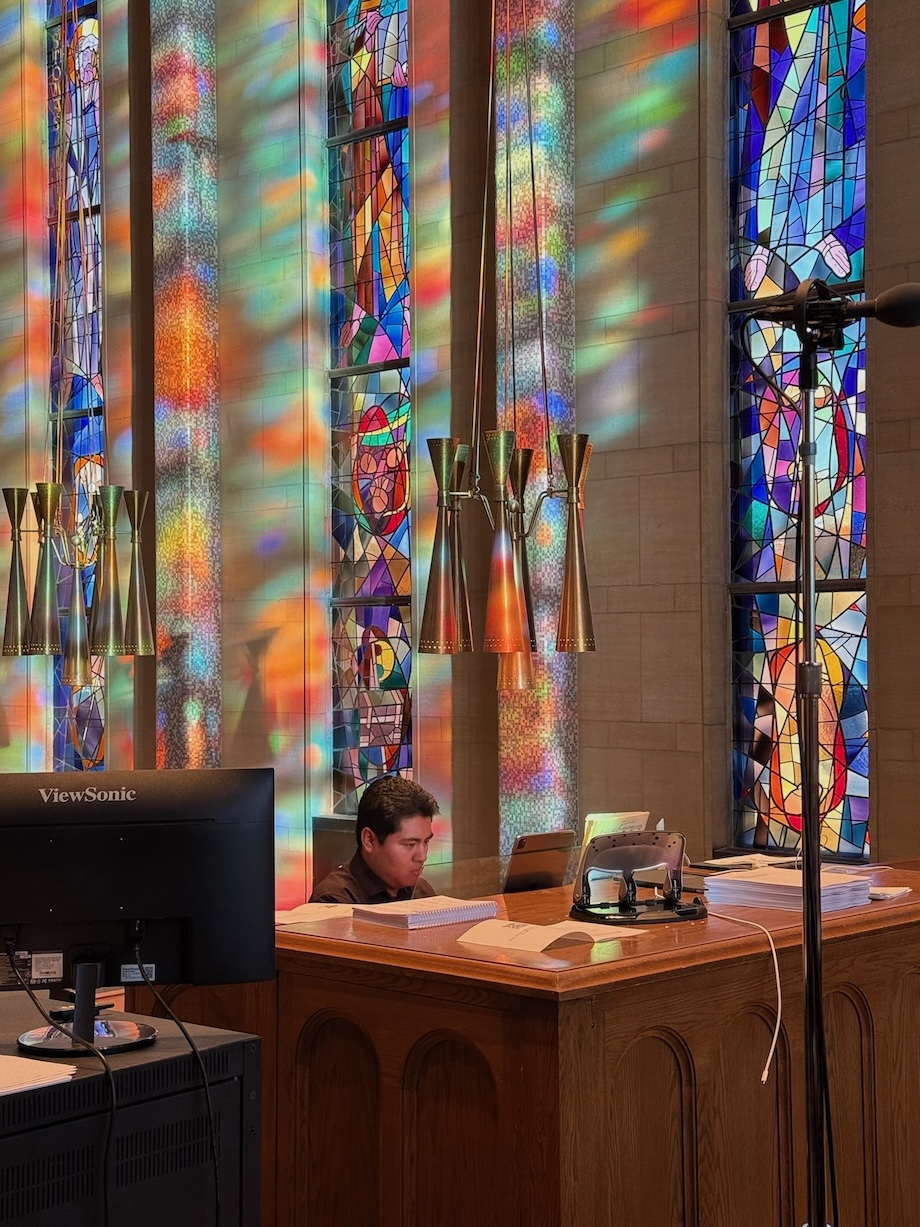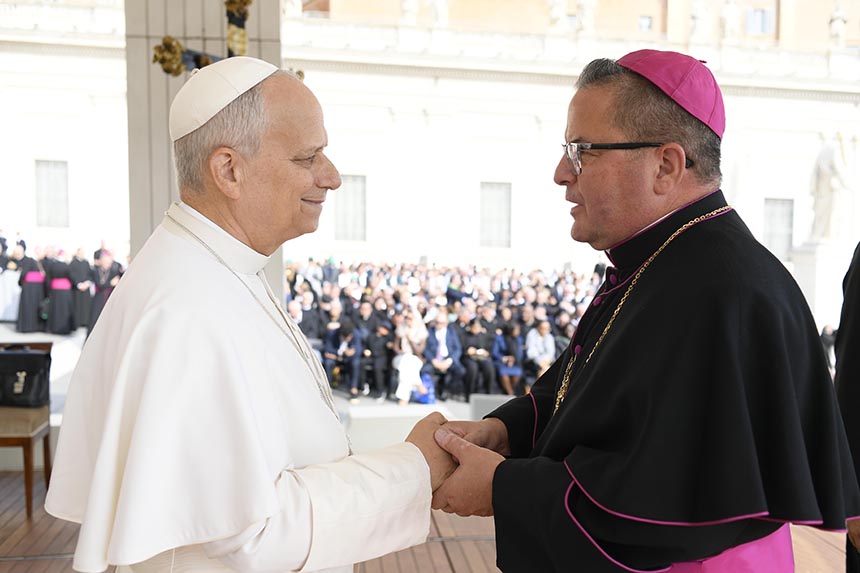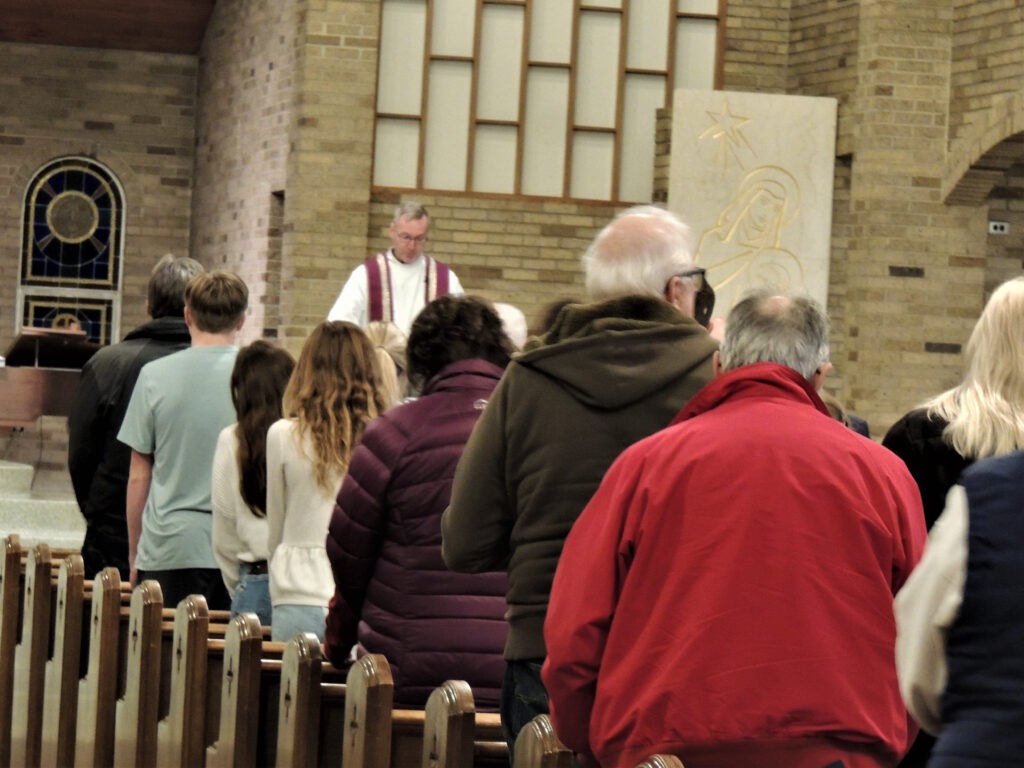
On February 28, many parishes around the Diocese of Youngstown will be participating in an event called The Light is ON for You—An Evening of Reconciliation. While we are all familiar with going to individual confessions, which many parishes will still be offering times for on the same day, other parishes may offer “communal reconciliation services,” which are a bit different. So, what is a communal reconciliation service and how does it differ from individual confession?
Just like individual confession, communal reconciliation services are a form of sacramental confession—an act in which the faithful confess their sins to God and subsequently receive absolution and forgiveness from Him. They are most common during Advent and Lent, when parishioners are especially encouraged to receive the Sacrament of Reconciliation in preparation for Christmas and Easter, respectively.
For a communal reconciliation service, many priests in a local community will gather in one parish to hear confessions from the faithful. The “communal” part of the service refers to a special reading from the Gospel and a brief homily, after which the penitents gathered reflect on their sins and prepare to give their confession (often referred to as an “examination of conscience”).
Once the examination of conscience is complete, the community will pray the Act of Contrition together. The faithful will then line up to partake in individual, private confessions with a priest.
Because the Act of Contrition has already been prayed publicly, those in attendance do not need to recite it again to the priest. Also, there may be a collective act of penance given to the whole community, rather than acts of penance given to each person.
A communal reconciliation service is not the same as “general absolution,” in which a priest offers absolution to a large group of people without having heard individual confessions. There is a provision for general absolution in Canon Law, but it is only to be offered in extreme circumstances where there is an imminent danger of death or when there is such a large number of penitents that a limited number of priests could not possibly hear their confessions within a suitable amount of time, therefore depriving the penitents from engaging in Holy Communion for an extended period of time through no fault of their own. As these are intended to be emergency provisions, instances of general absolution should be exceedingly rare.
Communal reconciliation services are a way to experience God’s mercy and forgiveness alongside your larger community of faith. Be sure to check your parish bulletin to see if your parish will be offering a communal reconciliation service or individual confessions on February 28. For a full listing of participating parishes, please visit the website.






